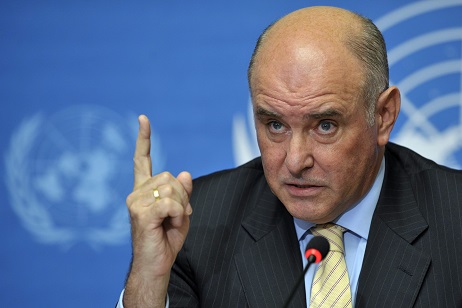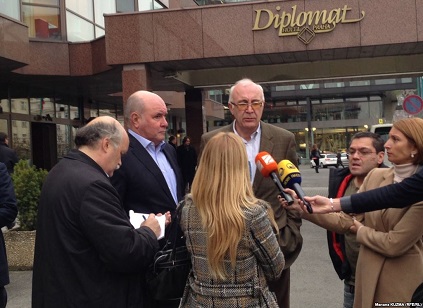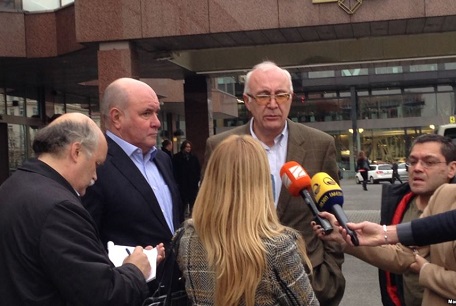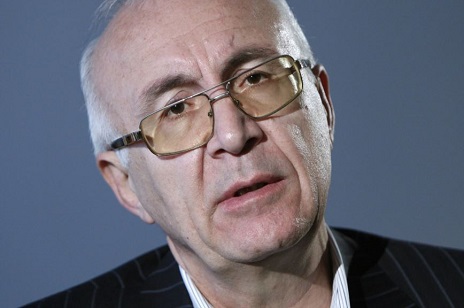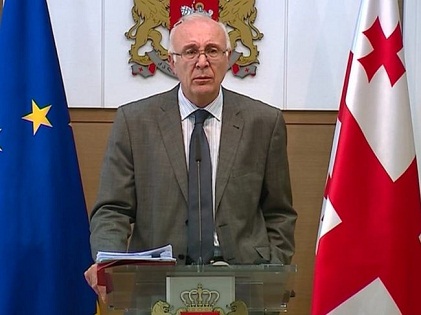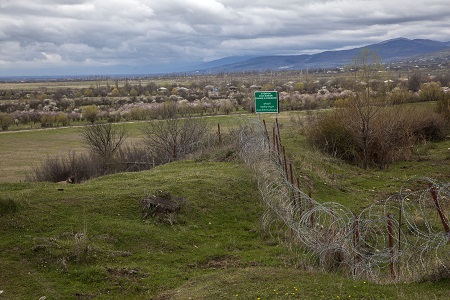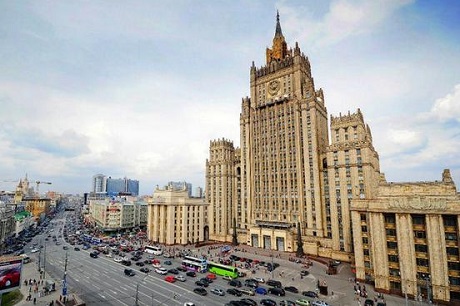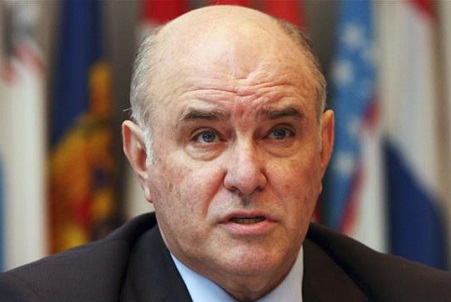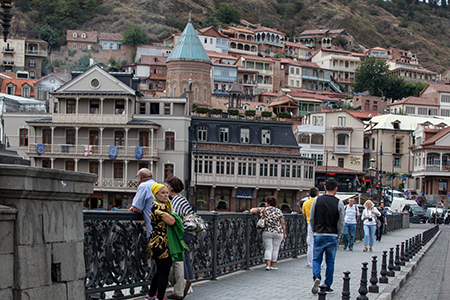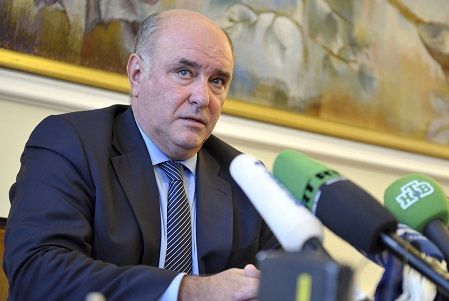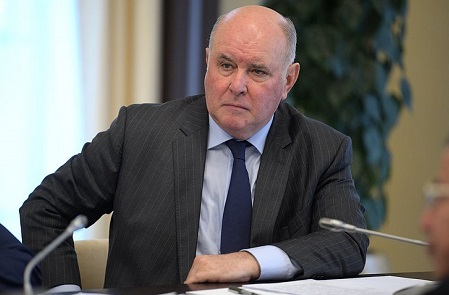Russia’s Foreign Ministry: Georgia’s unfriendly statements contradict constructive dialogue
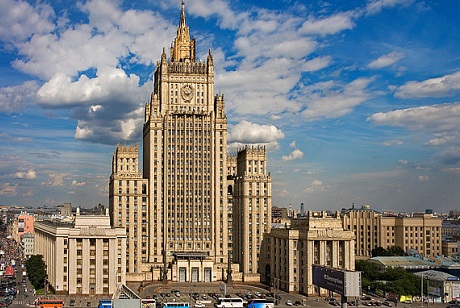
Russia believes the "unfriendly statements” voiced by Georgian officials about Russia contradict the efforts to restore constructive relations between the two neighbouring nations.
Russia’s Foreign Ministry released a statement on its webpage in the wake of the latest meeting between Georgia and Russia’s special envoys in Prague, Czech Republic on March 16.
The Russian agency said Russia was interested in bilateral, consecutive, future cooperation with Georgia but the recent unfriendly statements of Georgian officials could threaten constructive communication between the two states.
The Ministry said several topics were discussed between Georgia’s Special Envoy to Russia Zurab Abashidze and Russia’s Deputy Foreign Minister Grigori Karasin in Prague. Most of the issues focused on economic relations. The Ministry stated despite last year’s slowdown, economic turnout between the two nations was still increasing and Russia was Georgia’s second biggest trade partner.
Meanwhile in Prague before sitting down with Abashidze, Karasin criticised Georgian politicians for their "anti-Russian rhetoric” and said the upcoming Parliamentary Elections could be a major threat for Georgia-Russia relations.
In response Georgian lawmakers said the Russian official had no right to say those comments as they were unfounded and inaccurate.
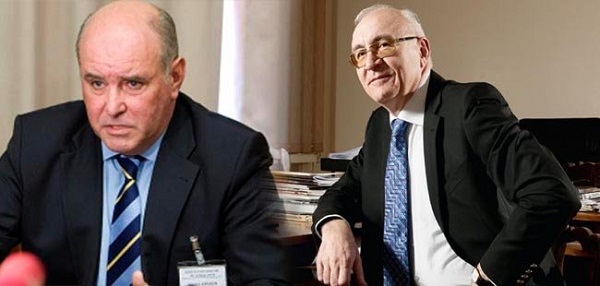
Abashidze (R) -Karasin meetings is the only format of direct communication between Georgia and Russia since 2012. Photo by Radiotavisupleba.ge.
Karasin also condemned Georgia’s Occupation Law adopted in October 2008 after the Russia-Georgia war, and said the law might create obstacles for Russian diplomats to attend the 25th annual session of the Organisation for Security and Cooperation in Europe (OSCE) in Tbilisi on July 1-5 this year.
The law, which defined the status of the Georgian territories currently occupied by Russia, envisaged special rules for the people living in the de facto regions as well as towards those who ignored Georgia’s legislation.
Russia said it urged the OSCE to find another venue outside of Georgia if Georgia failed to make changes to the law and prevented Russian representatives to participate in the session. The majority of Georgian lawmakers opposed the law to be rejected but did not exclude the possibility of making small amendments to the law specifically for the OSCE occasion.
Following Russia’s harsh criticism, majority leader Zviad Kvachantiradze said the Abashidze-Karasin format of talks – the only format of direct communication between Georgia and Russia since 2012 – might be reviewed.
Abashidze, who has already returned to Georgia, disagreed with this and said any suspension of the current format of talks "would increase problems” between the two nations as dialogue with Russia was necessary.
When asked to comment on Karasin’s statements Prime Minister Giorgi Kvirikashvili said he didn’t listen to the exact words spoken by Karasin but he believed when speaking about the atmosphere in Georgia, Russian politicians first needed to address their own actions.
"Ensuring Georgia’s territorial integrity and sovereignty is what will make it possible for us to fully normalise relations with Russia,” Kvirikashvili said.
 Tweet
Tweet  Share
Share

